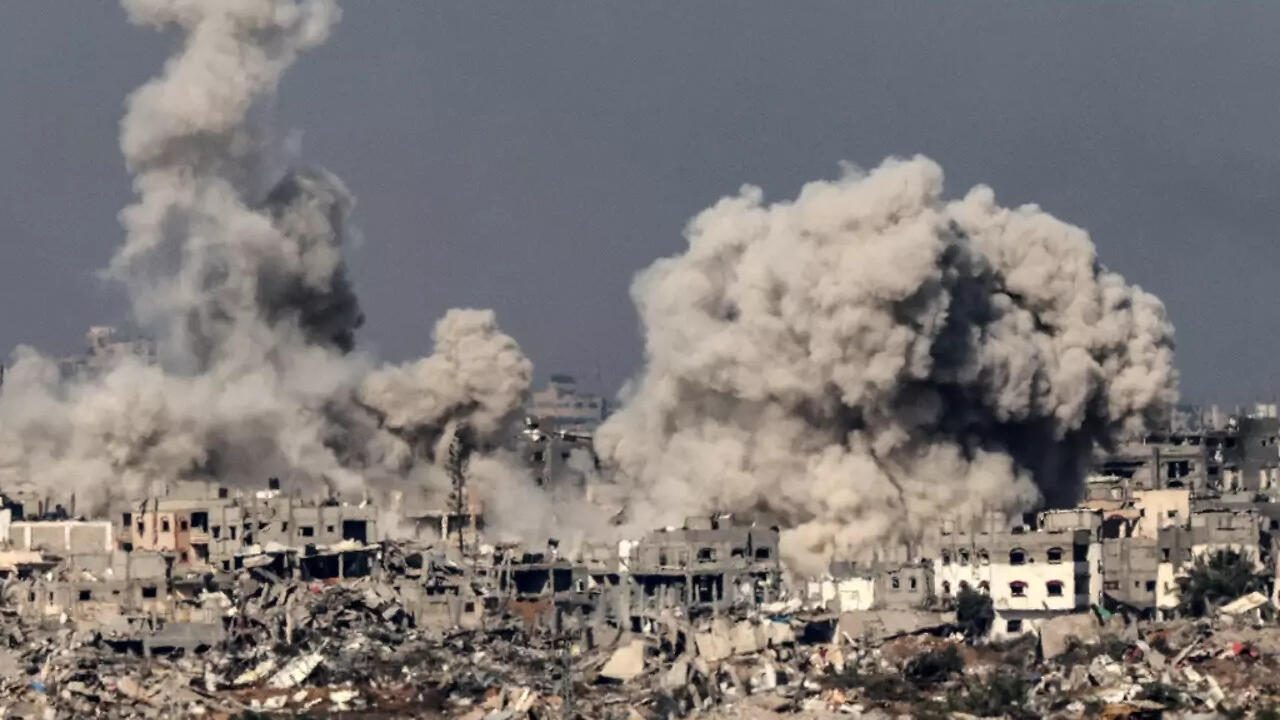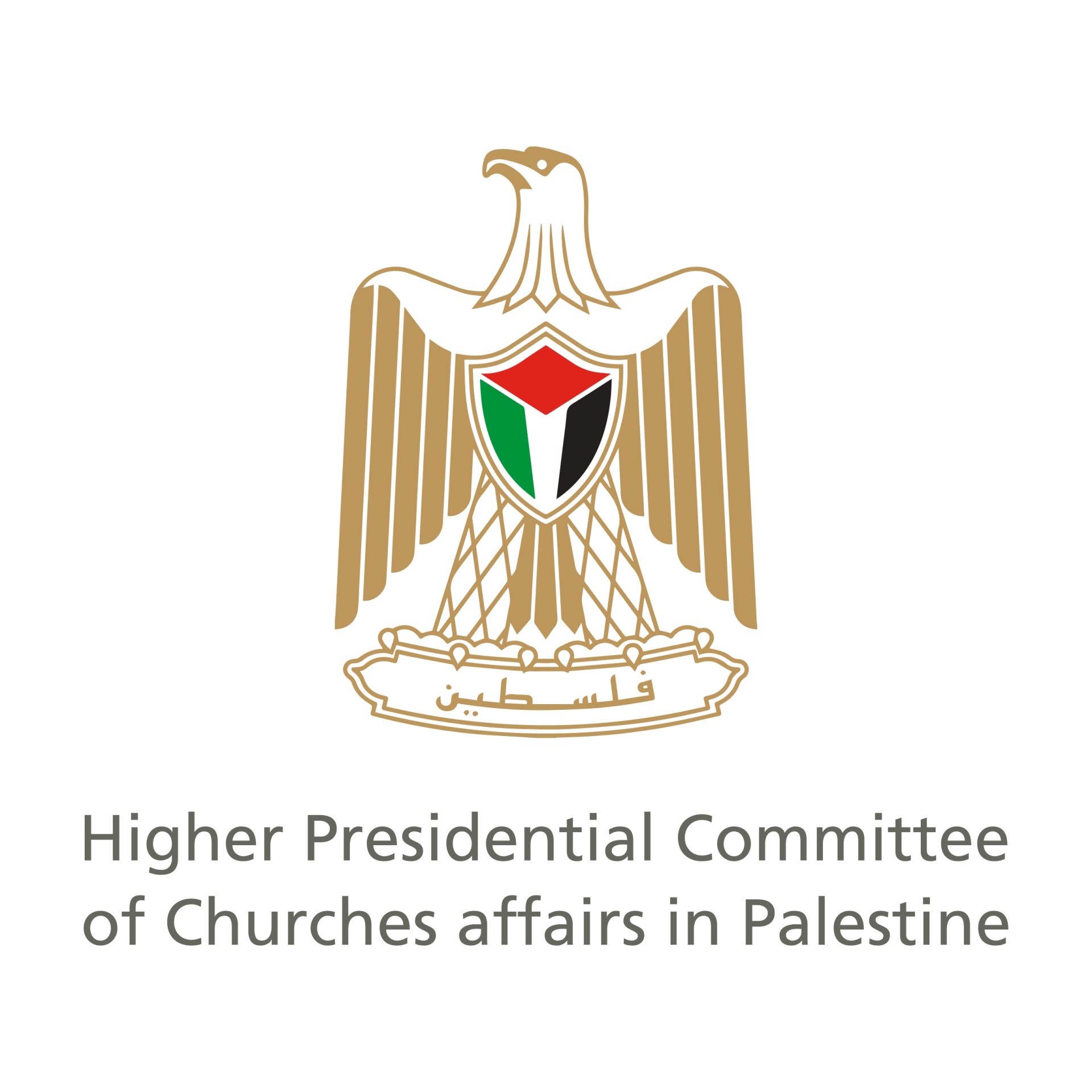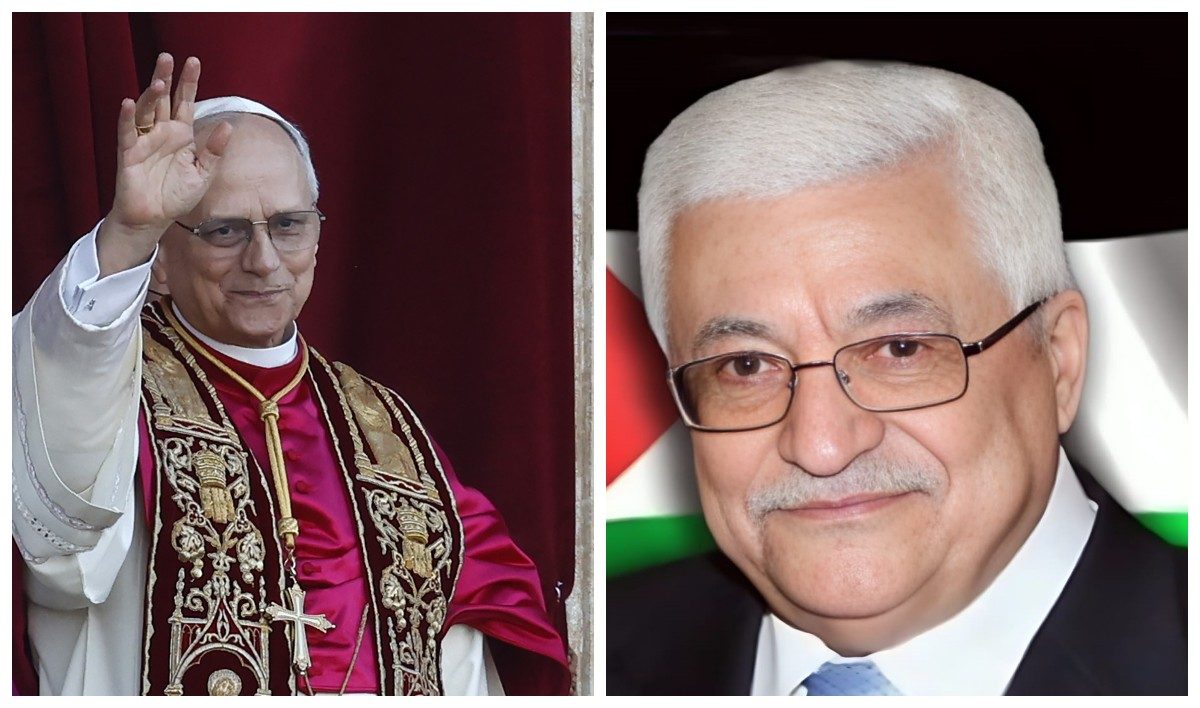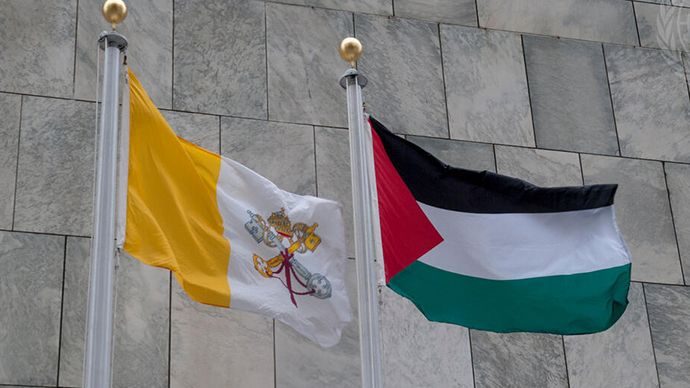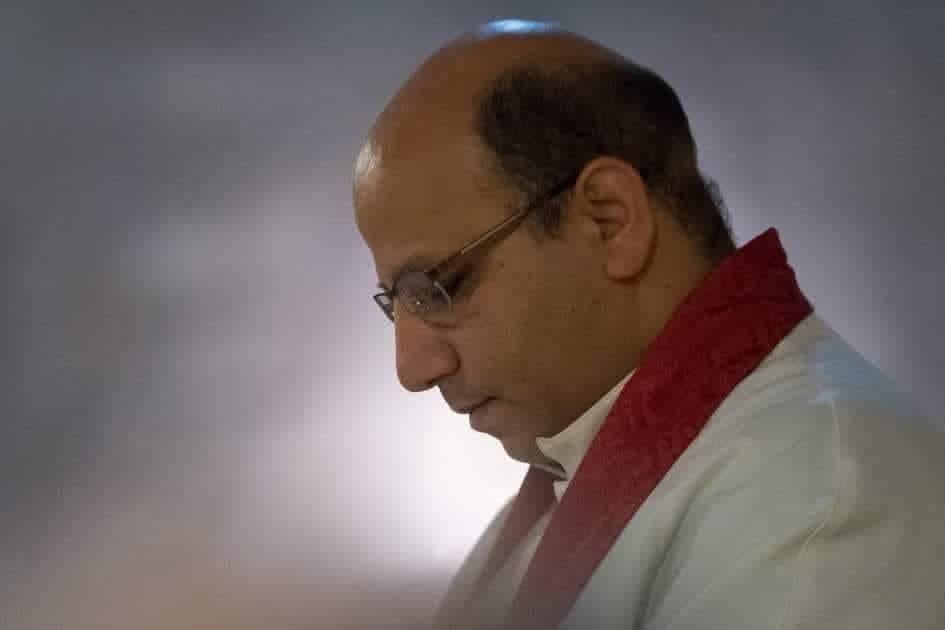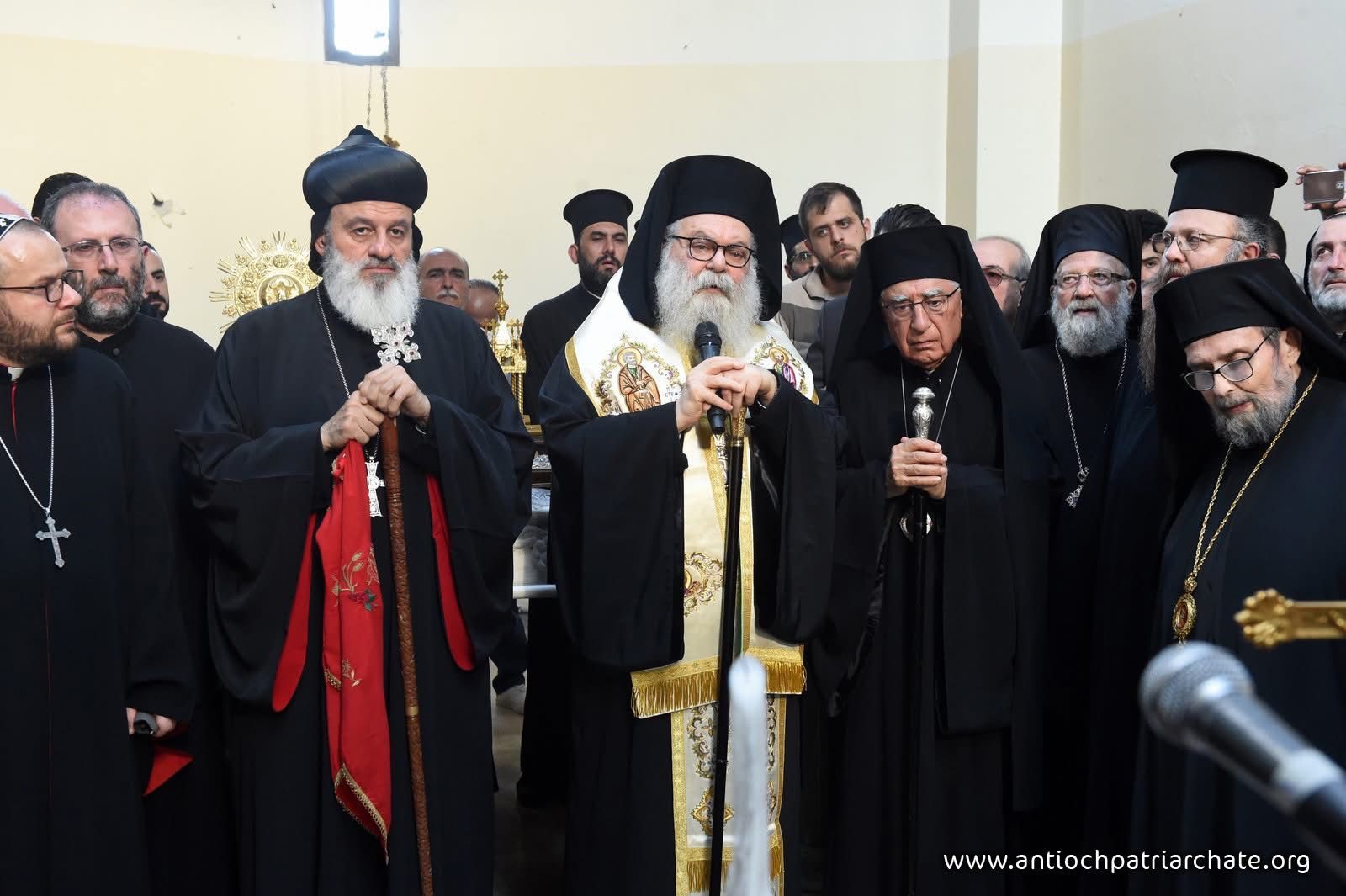Jerusalem – Agencies – While Easter is a time for hope, for Palestinian Christians it is also a time for resilience and steadfastness. Pilgrims from around the world flood Jerusalem during Holy Week but local Christians face many Israeli restrictions as they try to worship in the sacred city.
East Jerusalem Christians filed a petition to the Israeli Supreme Court to reduce some of the restrictions on attendance at the famous Holy Fire ceremony in the Church of the Holy Sepulchre on Holy Saturday. In recent years, Israeli police have set up roadblocks and security checks that deter many Palestinian worshipers from attending the celebrations. The heads of five Eastern Orthodox churches and the Franciscan Custos of the Holy Land have joined the petition.
Last year, the EU issued a report calling the behavior of the Israeli police in 2013, “disturbing.” After clergy were roughed up, the Heads of Churches in Jerusalem issued a statement saying they, “watched with sorrowful hearts the horrific scenes of the brutal treatment of our clergy, people, and pilgrims in the Old City of Jerusalem during Holy Saturday last week. A day of joy and celebration was turned to great sorrow and pain for some of our faithful because they were ill-treated by some Israeli policemen.”
he Israel Police responded by saying: “The police is preparing to secure the Saturday of Light event and to assure the security of the many participants, as is done for other events in which it enables all religions freedom of worship, subject to the law and maintenance of public order. As every year, there will be roadblocks around the Church of the Holy Sepulchre and participants’ entry will be supervised, to prevent a disaster and maintain their safety.”
The Israeli permit process is another major impediment for West Bank and Gazan Christians who want to worship in Jerusalem. They must apply for permits to enter Jerusalem, which are nearly impossible for entire families to get. This year, Palestinian officials said Israel only issued permits to Palestinian men over the age of 35 and under 16. Despite the restrictions “hundreds” of Gazans were able to go to Jerusalem and the West Bank to worship.
In an annual tradition, Thirteen Patriarchs and Heads of Churches in Jerusalem issued a hopefulEaster message this year highlighting the importance of peace and reconciliation in the Holy Land:
We call upon all Christian people, people of other faiths and in fact all people of goodwill – to pray earnestly for a good outcome from the current Peace Process in the Holy Land, conformity with International law and indeed for peace throughout our troubled world. Despite the acute difficulties of the current situation, we would urge all parties to seize this moment of historic opportunity. A peace which does not seek to abolish discrimination between different communities is no peace at all. For peace to be real, it must embrace justice and a desire for reconciliation.
Reconciliation between God and humanity, and between people who are opposed to one another, springs from the Cross and is vindicated by the Resurrection. May this Easter season bring joy and peace to all people. Christ is risen:
He is risen indeed! Alleluia!
+Patriarch Theophilos III, Greek Orthodox Patriarchate
+Patriarch Fouad Twal, Latin Patriarchate
+Patriarch Nourhan Manougian, Armenian Apostolic Orthodox Patriarchate
+Fr. Pierbattista Pizzaballa, ofm, Custos of the Holy Land
+Archbishop Anba Abraham, Coptic Orthodox Patriarchate, Jerusalem
+Archbishop Swerios Malki Murad, Syrian Orthodox Patriarchate
+Archbishop Aba Daniel, Ethiopian Orthodox Patriarchate
+Archbishop Joseph-Jules Zerey, Greek-Melkite-Catholic Patriarchate
+Archbishop Mosa El-Hage, Maronite Patriarchal Exarchate
+Bishop Suheil Dawani, Episcopal Church of Jerusalem and the Middle East
+Bishop Munib Younan, Evangelical Lutheran Church in Jordan and the Holy Land
+Bishop Pierre Malki, Syrian Catholic Patriarchal Exarchate
+Msgr. Joseph Antoine Kelekian, Armenian Catholic Patriarchal Exarchate


